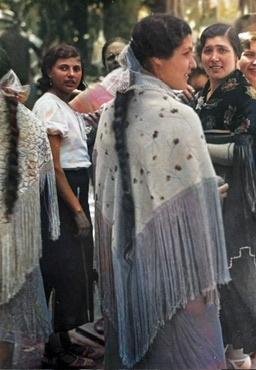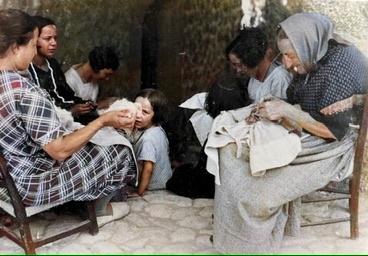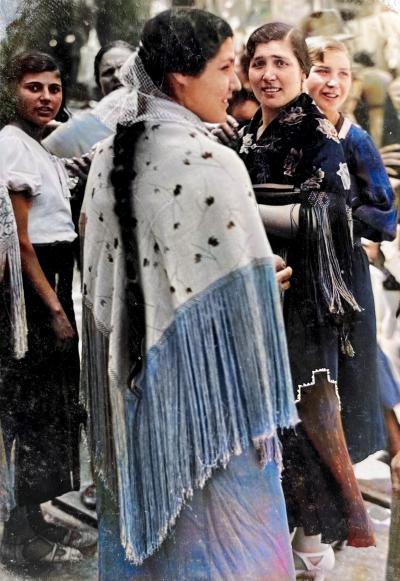What challenges did women face in gaining job security compared to men in Mallorca’s traditional industries?
Similar Topics
job security women
mallorca industries
gender job gap
traditional industries
female employment challenges
workplace discrimination
labor unions exclusion
gender equality workplace
Women in Mallorca’s traditional industries confronted significant challenges in gaining job security compared to their male counterparts. Historically, the island’s economy relied heavily on agriculture, fishing, and crafts, sectors that were predominantly male-dominated spaces. Men typically held more stable and permanent positions due to societal norms that saw them as the primary breadwinners. In contrast, women’s roles were often limited to temporary, seasonal, or informal work, which offered little in terms of job protection or steady income. This imbalance was reinforced by traditional views that prioritized men for skilled or supervisory roles, leaving women confined to low-paid, unregulated tasks such as textile work or domestic services.
Additionally, women faced systemic barriers like limited access to formal training and education, which curtailed their opportunities to advance or secure long-term employment. In many cases, female workers were excluded from labor unions and formal contracts, which impeded their ability to negotiate better conditions or benefits. The lack of legal protections specifically addressing women’s rights in the workplace also meant that discrimination and job insecurity were common. Social expectations further complicated their employment prospects since many women were expected to balance work with household responsibilities, leading employers to perceive them as less reliable or available for continuous employment.
Over time, shifts in the economy, particularly with the growth of tourism and service sectors, began to open more stable job opportunities for women. However, in the traditional industries where manual labor and artisanal skills dominated, the gap between men’s job security and women’s precarious employment remained evident for much of Mallorca’s modern history. The legacy of these challenges underscores the broader struggle for gender equality in the workplace and highlights the resilience of Mallorcan women who have progressively gained recognition and rights within the island’s evolving labor market.
Additionally, women faced systemic barriers like limited access to formal training and education, which curtailed their opportunities to advance or secure long-term employment. In many cases, female workers were excluded from labor unions and formal contracts, which impeded their ability to negotiate better conditions or benefits. The lack of legal protections specifically addressing women’s rights in the workplace also meant that discrimination and job insecurity were common. Social expectations further complicated their employment prospects since many women were expected to balance work with household responsibilities, leading employers to perceive them as less reliable or available for continuous employment.
Over time, shifts in the economy, particularly with the growth of tourism and service sectors, began to open more stable job opportunities for women. However, in the traditional industries where manual labor and artisanal skills dominated, the gap between men’s job security and women’s precarious employment remained evident for much of Mallorca’s modern history. The legacy of these challenges underscores the broader struggle for gender equality in the workplace and highlights the resilience of Mallorcan women who have progressively gained recognition and rights within the island’s evolving labor market.
🧩 Related Questions
Related Question
What architectural features make the Cathedral of Santa Maria of Palma a must-see for history enthusiasts?
Related Question
Are there any local marine research centers that travelers can visit to learn more about Mallorca’s sea life?
Related Question
How do Alcudia's various architectural styles illustrate its historical timeline?



